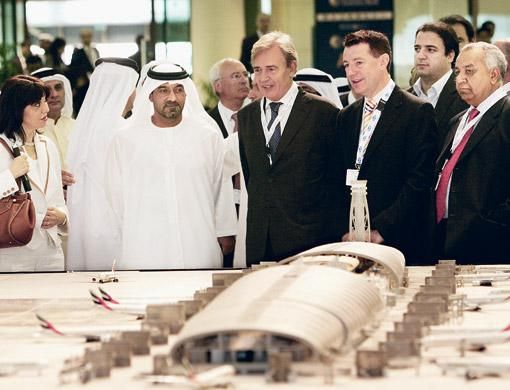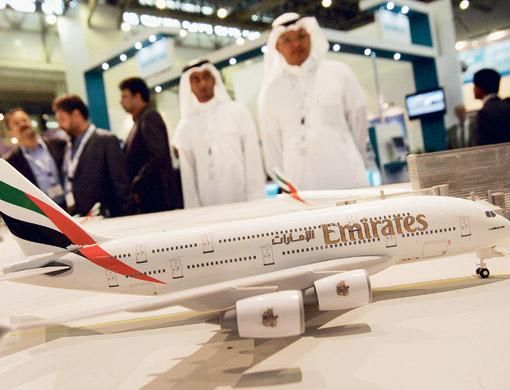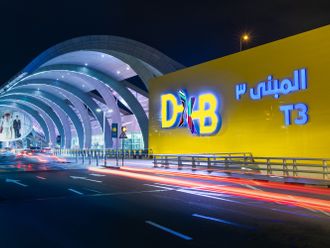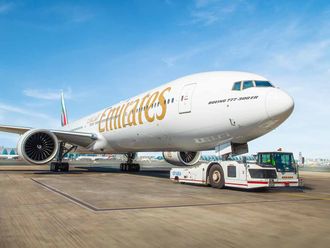Dubai: "The biggest challenge will be to stop the whole system from being completely grid-locked," Paul Griffiths, chief executive of Dubai Airports, the management company for Dubai International Airport, said at the airport show on Tuesday.
He said the number of airport movements would jump from 53 per hour today, to 169 per hour in coming years, and this would be problematic because of the several no-fly zones in and around the country.
The UAE is witnessing a rapid expansion of airports, with Dubai International Airport adding another concourse and expecting passenger numbers to reach 60 million by 2021.
The management company is also building Al Maktoum International Airport worth $8.1 billion (Dh29.8 billion). The project is part of a huge cargo and logistics hub. Its capacity will be 160 million passengers and more than 12 million tonnes of cargo per year, making it the world's largest airport.
Griffiths said the growth for 2009 would be less than 10 per cent in passenger numbers. Last week, he told media the second quarter is expected to be better than the first. Passenger traffic in the first quarter was 9.5 million, an increase of two per cent over the same period last year.
Additionally, he said that 2010 "is going to be a different story," alluding that growth would pick up further.
Abu Dhabi International Airport is seeing its own expansions and increasing capacity from an annual 3.5 million to 20 million passengers.
The country's airlines, whether traditional or low-cost, have placed large orders for aircraft.
Last year Etihad Airlines, Abu Dhabi's national carrier, placed an order worth $43 billion for 55 Airbus aircraft including A380s, A320s, and 45 Boeing aircrafts.
Emirates Airlines placed an order of 120 Airbus A350s, 11A380s. and 12 Boeing 777-300 aircraft in November 2007, worth $31.7 billion. The airlines upped its order of the A380s to total 58 of the jumbo planes, for $18.8 billion at list price.













